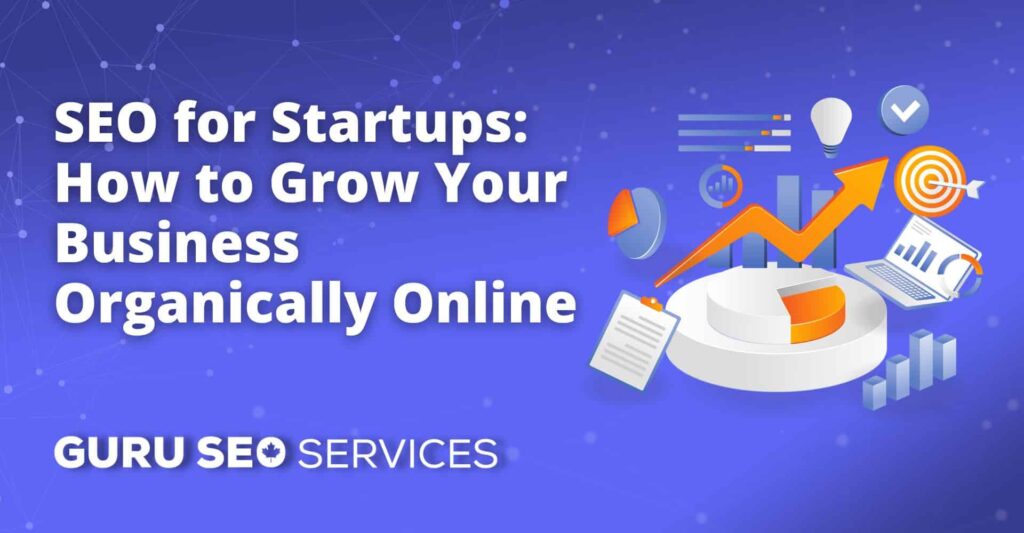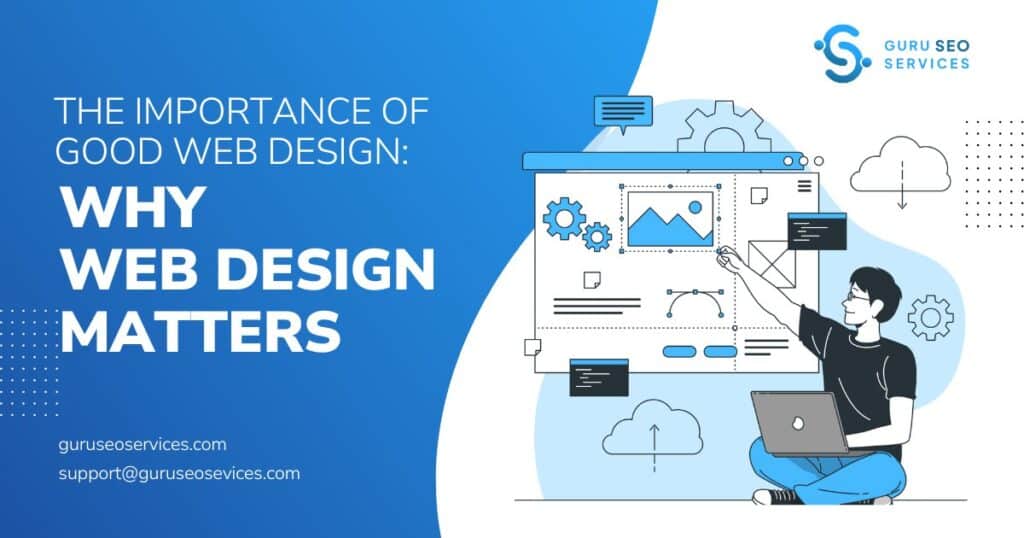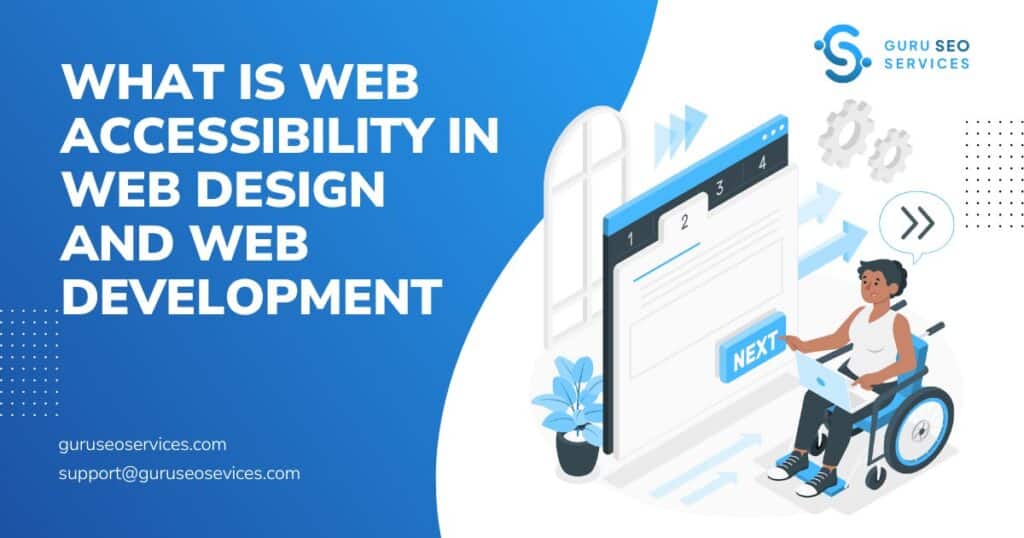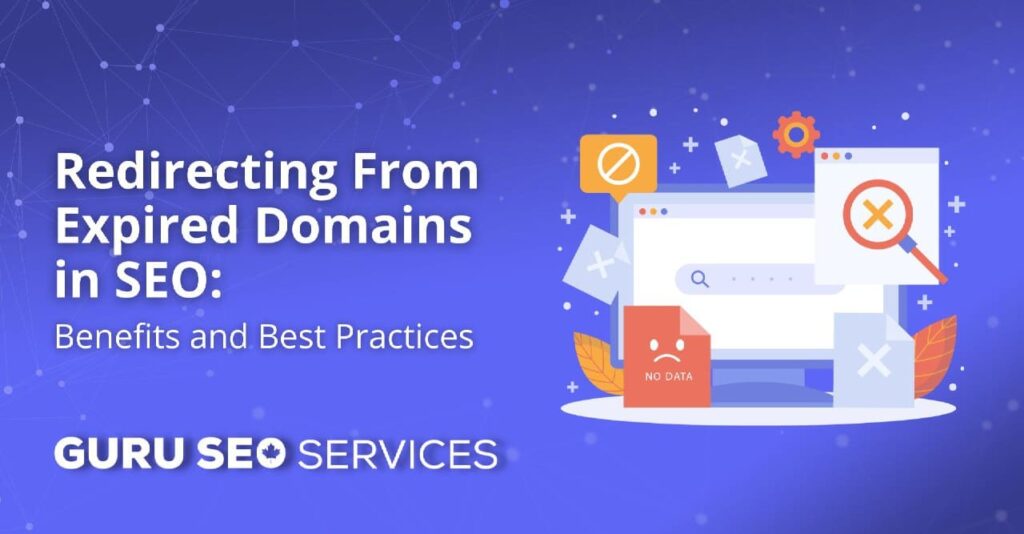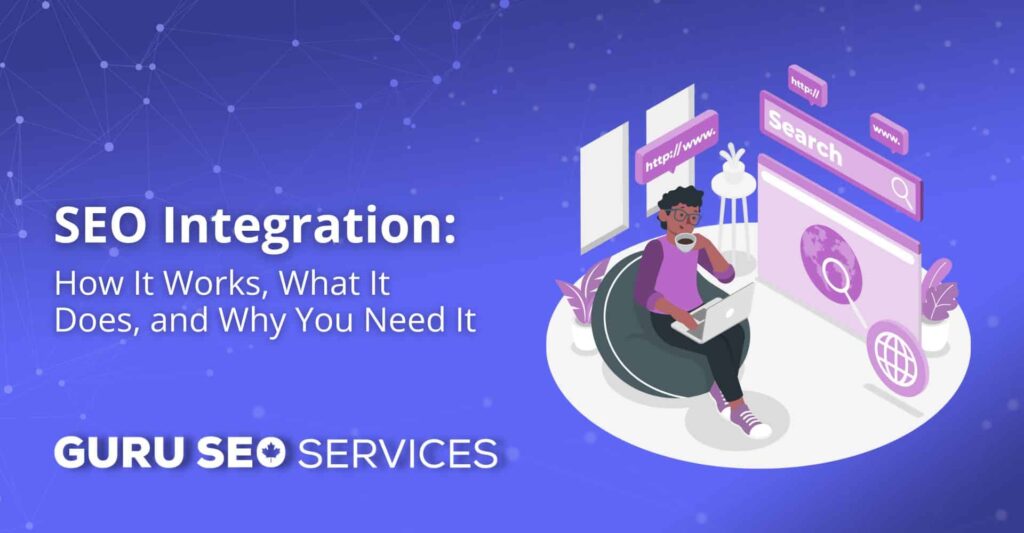You’ve probably heard that in order to be successful online, you need to have a strong SEO strategy. But what does SEO for startups mean? How can you grow your business organically without breaking the bank? In this blog post, we will discuss some of the best SEO tips for startups and how to implement them into your marketing plan. By following these tips, you’ll be able to improve your website’s visibility and attract more customers.
SEO for Startups vs Regular SEO
Not even a single item (other than the scale of the challenge). Google does not care if you are a startup, a huge financial institution, or the smallest online store; all that matters to it is connecting consumers with the material that is the most relevant to their search query.
Search engines have the same expectations of you as they do of any other type of company, and the SEO criteria for a new company are precisely the same as those for the most well-known companies in the world.
The scope of the difficulty is a factor that does make a difference for the majority of new businesses. Even if you don’t have the resources of a huge company, your primary objective is to expand as rapidly as possible and compete with the most well-known brands in your sector.
This implies that many new businesses will need to perform enterprise SEO on a small company budget, which will require them to make certain concessions. The problem is that Google does not tolerate compromises when it comes to search engine optimization, and in order to be successful, you need to perfect the fundamentals.
The good news is that the sooner you get things right, the sooner you’ll be able to develop a self-sustaining SEO plan that won’t go back on you in the budget. This is the good news.
Tips on SEO for Startups
Following are some important tips on SEO for startups that you can use to grow your business organically online:
Quality Content
Your website serves as a storefront for your business. In its most basic form, it is a piece of digital real estate that also serves as a promotional tool for your company. Therefore, it should not come as much of a surprise that having a website that is both nicely built and has information that is interesting and relevant to your target audience will not provide you very much value.
One of the most widespread misunderstandings regarding search engine optimization (SEO) for new businesses is the notion that one is simply optimizing the textual and visual content for search engines. Improving the content for human readers is an equally important part of the entire plan for search engine optimization (SEO).
Consequently, optimizing your content becomes one of the core components in driving organic traffic to your website through search engine optimization (SEO).
Optimize for Search Engines
Search engines like Google follow their priorities when it comes to giving one website more weight than another. When it comes to search engine optimization, the pages that typically end up in high-ranking places are the ones that contain the following characteristics:
Accessibility: Before search engines like Google can examine your page for ranking signals, they must be able to access it.
Content: When we talk about material being of “Quality,” we imply that it is both relevant and distinctive to the consumer, as well as engaging. Your material should, ideally, respond to any questions or concerns a user may have on the subject matter at hand. This is the reason why we suggest posting long-form material (up to 2500 words) every so often on the website, as well as in the form of guest posts.
Great User Experience: It should go without saying that search engines give more weight to websites that provide a positive user experience (UX) for their visitors than those that do not. A good user experience (UX) comprises quick loading speeds, data and SSL encryption, data encryption, easy website navigation and layout, and relevant information.
Low Bounce Rate: A bad user experience (UX) or material that is irrelevant to the users is a sign of a high bounce rate on your website. Stay away from it if you want to go up in the rankings.
Updates and Optimization: Major search engines like Google place a premium on regularly updated information that is recently published. In order to have things sorted out, you should look into doing SEO for startups with reputable agencies only.
Make Page Optimization a Priority
During the SEO implementation process, your primary focus should generally be on developing an on-page optimization plan for your relevant content. While it does involve a large number of stages, checks, and technicalities that need to be aligned, the following are some points that you may take care of:
URL: Your website’s uniform resource locator (URL) needs to be explanatory, easily visible, and comprise your primary keyword. This URL will often be identical to the title of your page, but it will not include any stop words.
Titles: The clickable URL for search engines is called page title, it shows as the blue link text on the search results page. In order to optimize it, you need to make it descriptive and easy to read, while also including the primary keyword in the ideal places.
Headings: Remember the H1, H2, and H3 from before? Therefore, the content of your website has to be divided up in this way in order for Google’s crawl bots to understand it quickly and for it to provide a favourable ranking signal.
Keywords: It is a good habit to put keywords wherever they are relevant, such as in the title of your page and the headers. In the main body of the content, you may also utilize the keyword’s synonyms, variations, and phrases that are closely linked to it. However, you should avoid overusing keywords because search engines and consumers are both able to spot this tactic. Try and use long tail keywords as they help your web page appear on the search engine results page for the Google Search Console.
Use Images: Frequently, newly established organizations and startups ignore this component of their operations. However, it is of the utmost importance that you break up the material on the page with appropriate pictures and optimize them for search. Image file sizes should be compressed, relevant subjects and keywords should be included in the alt text, and so on.
Internal Links: Even though this is so patently evident, a surprising number of recently launched websites fail to execute it. You are required to connect relevant material inside the main text body of your website in order to interlink the various pages of your website.
Mobile Responsive: Moreover half of all of Google’s search inquiries are initiated on mobile devices, specifically smartphones. Your on-page SEO plan should, without a doubt, incorporate mobile-optimized pages in order to get higher rankings and earn more UX points.
Final Thoughts on SEO for Startups
SEO strategies are a critical aspect of any website looking to establish itself online, regardless of the industry, it is in or the services/products that it offers. The tips and tricks mentioned above are only some of what you can do to give your website SEO juice, but they are an excellent starting point.
If you’re serious about organic growth, then make sure to put in the time and effort required to see results, especially in keyword research for your search engine optimization strategy. There’s no magic bullet when it comes to SEO, but if you’re patient and consistent, then eventually you will start seeing your website rise through the ranks and grow its visibility organically. Thanks for reading.
Do you want to learn more about SEO, digital marketing, and search marketing strategy? Get in touch with us today to see how we can help you!





